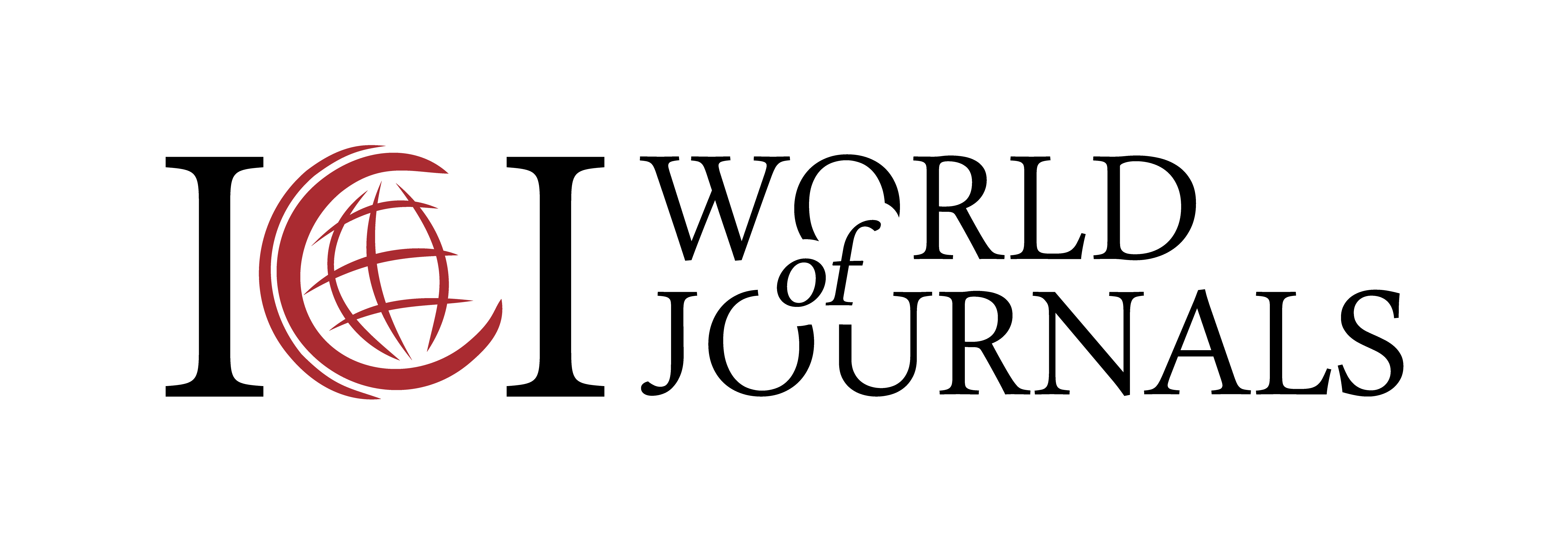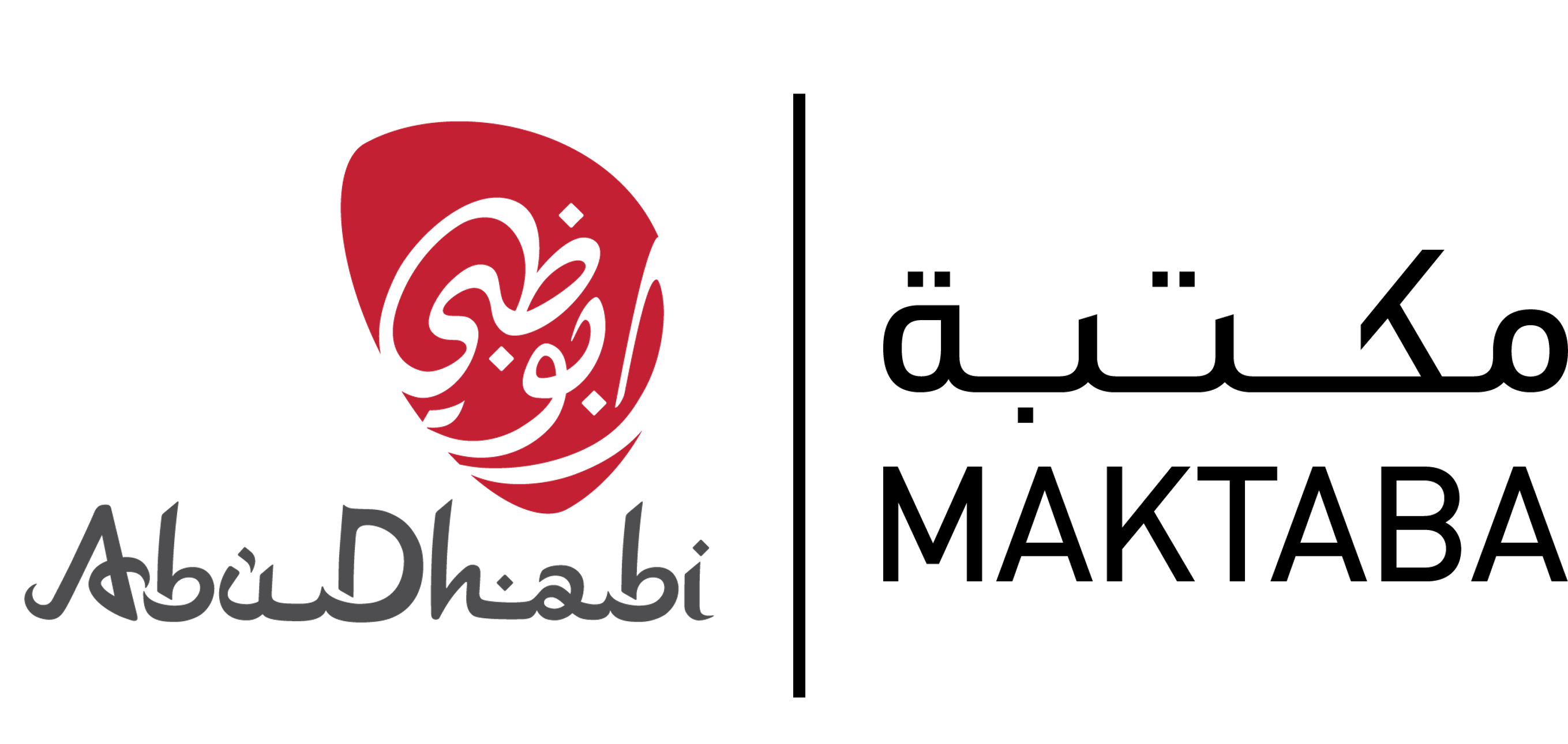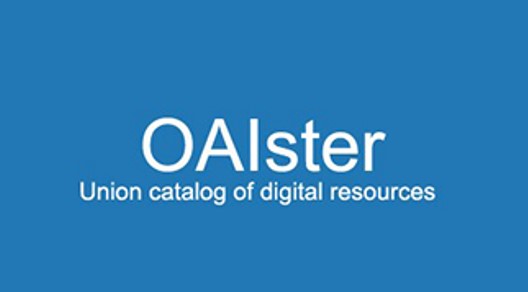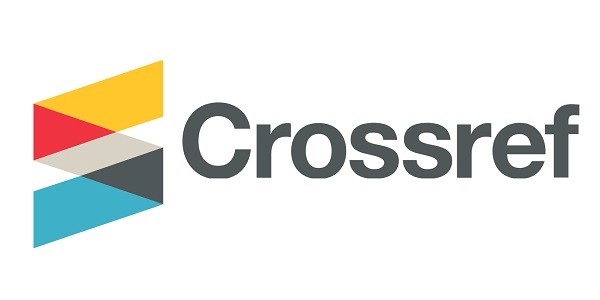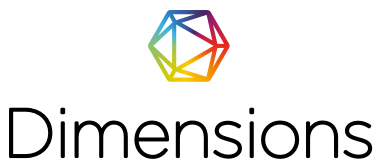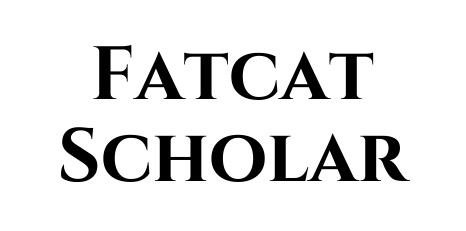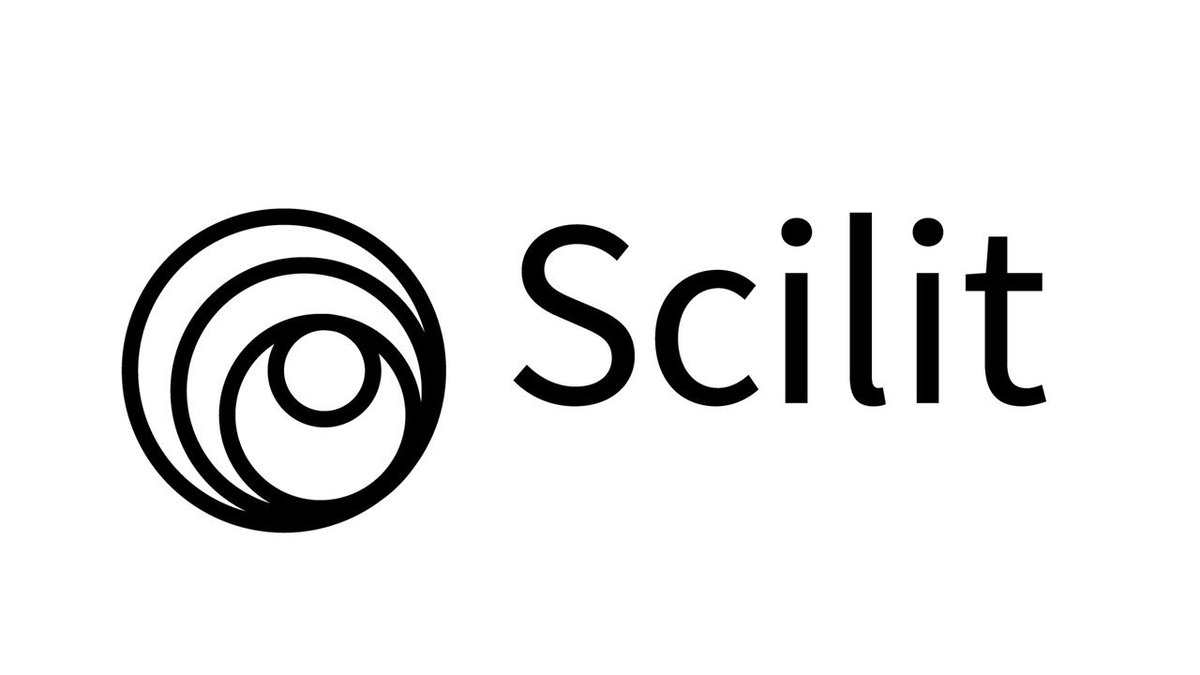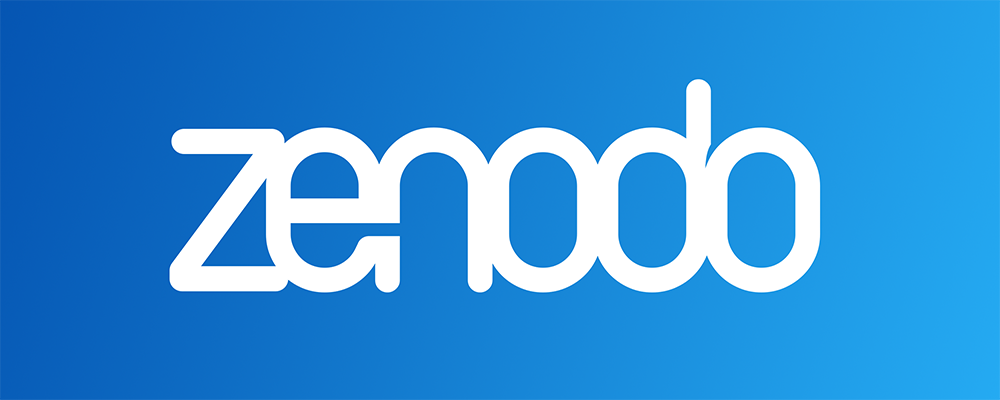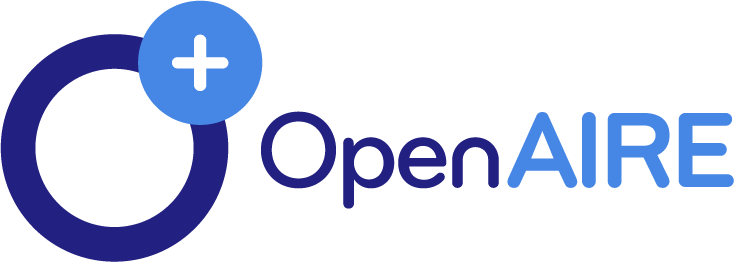Types of Leadership in the School Context in Morocco: An Exploratory Study
DOI:
https://doi.org/10.5281/zenodo.13119249Keywords:
Transformational Leadership, Strategic Leadership, Democratic Leadership, Private Education, Morocco.Abstract
This study bridges theory and practice by examining leadership philosophies in Morocco's private educational institutions. The most common leadership philosophies identified by semi-structured interviews with directors, administrators, and educators are transformative, strategic, and democratic. The effectiveness and self-efficacy of teachers are positively impacted by these techniques. The examination indicates a range of approaches customized to the particular requirements of the establishments, underscoring the significance of leadership within the Moroccan educational framework.
With a dominance rate of 32.5%, transformational leadership encourages creativity and drive, resulting in an energetic learning atmosphere. In order to ensure the survival of institutions, strategic leadership (20%) focuses on long-term planning and effective resource management. The school community's participation and collaboration are valued by the Democratic leadership (12.5%), which strengthens the sense of community and cooperation. There are also other leadership philosophies, like transactional, servant, and adaptive leadership, each of which has unique benefits based on the institutions' goals and circumstances. This diversity of techniques emphasizes how different approaches can support high-quality education and a healthy school environment, underscoring the significance of flexibility and adaptability in the management of private schools in Morocco.
Downloads
Published
How to Cite
Issue
Section
License

This work is licensed under a Creative Commons Attribution-NonCommercial-NoDerivatives 4.0 International License.




